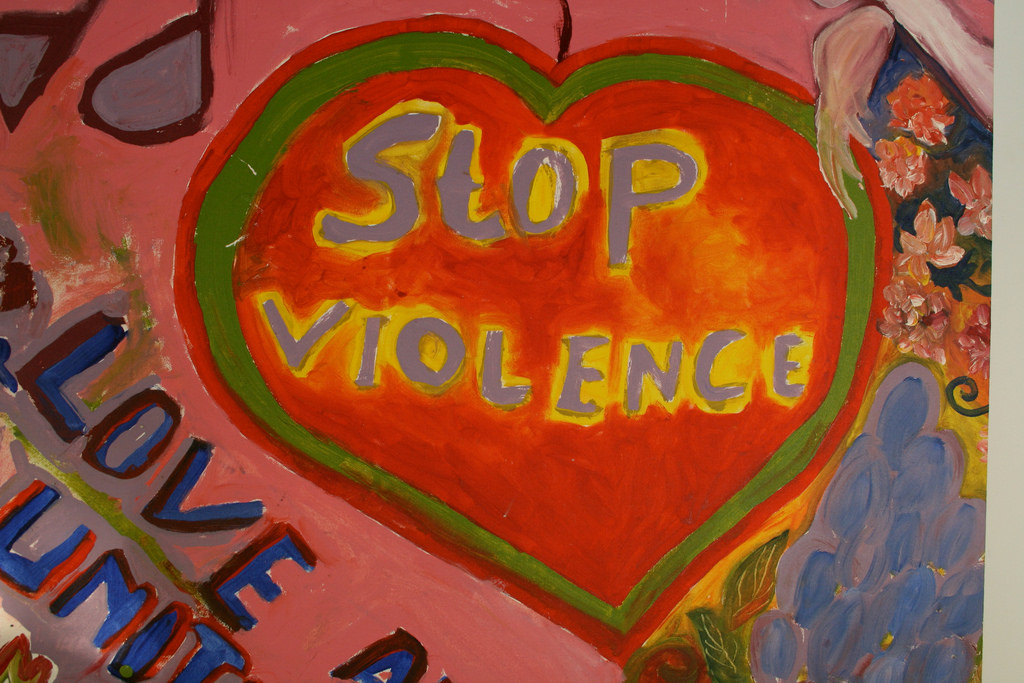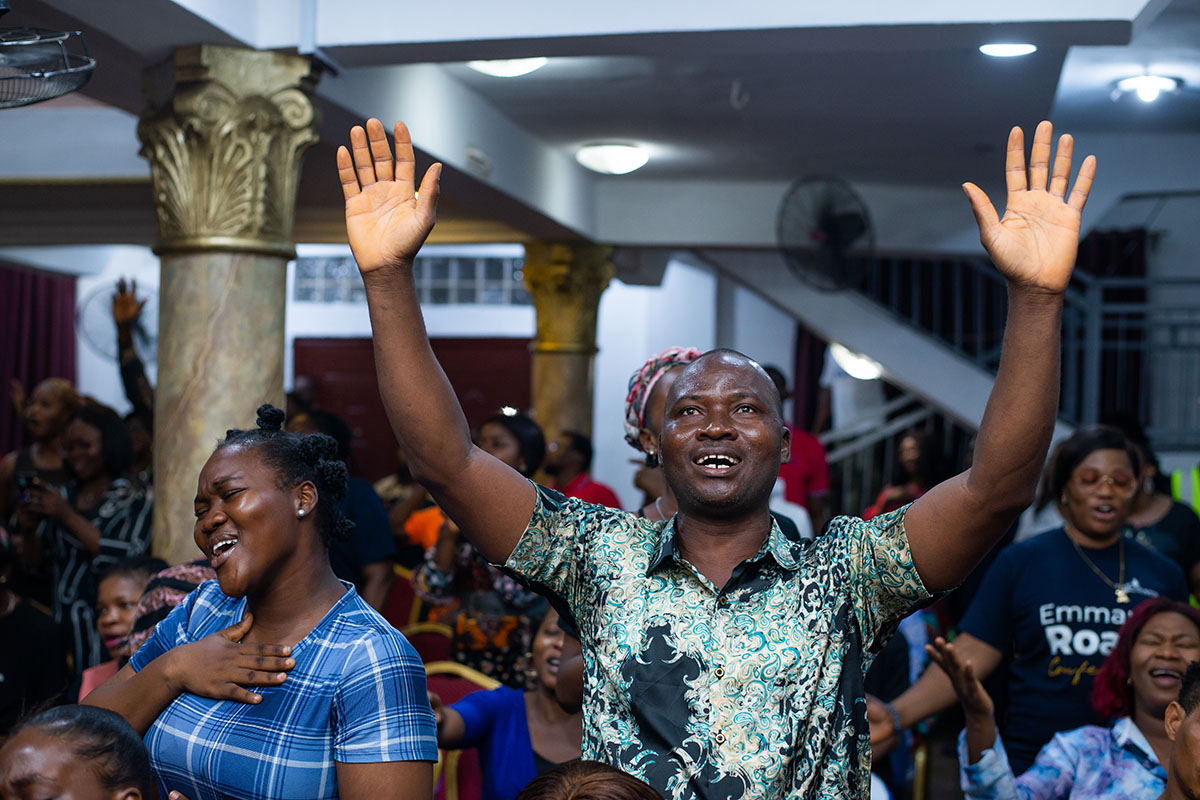“Zambia’s dilemma: gender based violence”
August 31 Zambia set a benchmark with its legislation against gender based violence, but McPherlain Chungu, 22, a Commonwealth Correspondent from Zambia, writes that societal change is needed in order for the laws to be effective.
Zambia set a benchmark with its legislation against gender based violence, but McPherlain Chungu, 22, a Commonwealth Correspondent from Zambia, writes that societal change is needed in order for the laws to be effective.
In 2011, the Zambian Legislative body became one of the first in the Sub Saharan region to pass a sophisticated and inclusive piece of legislature that would curb gender based violence (GBV) in the country.
Zambia was praised as this Anti Gender-Based Violence Act of 2011 was a major step forward in the fight against GBV and it is still one of the most comprehensive laws on GBV in the Southern Africa Development Community region. The legislation is so comprehensive that it even caters for “emotional, verbal and psychological abuse”.
But the reality I saw on the ground, in my three months’ visit to Zambia’s capital Lusaka, left me perplexed. In fact, I agree with the lamentation of a Lusaka based Anti-GBV activist, Fostina Chaile.
“It is one thing to have legislation in place, but it is another if the people it is meant for can’t even access it, let alone know of its existence,” Fostina Chaile said.
The predicament of GBV in Zambia is that despite the availability of comprehensive legislation, the people that need it the most and those that are key to execute it are not even aware of its existence.
In 2016, between the months of January and September, Zambia recorded 13,092 cases of gender based violence – almost 48 cases a day in that period. The facts were confirmed by then Information and Broadcasting Minister Kampamba Mulenga. This year alone, Zambia has seen a rise in violent crimes that are gender based.
It is as though the more anti-GBV campaigns and efforts, the more we see GBV cases surfacing. What could explain this seemingly parallel relationship? Where is the problem? The more I spoke to victims of GBV the more it became clear to me that it was pointless for me to be quoting the GBV act of 2011, because it surely sounded like empty rhetoric to them. Because in reality, nothing had changed for them or for GBV in Zambia since 2011.
From the experience of my own childhood, being raised by a single mother who had to fight all sorts of constraints and barriers because of her gender; I can assert confidently that ours is a deeply patriarchal society. To change this painful reality we must have this uncomfortable conversation. We must evaluate our beliefs and assess the extent to which our traditions could harm others.
I argue the need for this because society is at the crux of it all. Victims, perpetrators, onlookers, the state and the law enforcers all come from a society and tend to reproduce and reflect societal characteristics. In the process they are producing structural barriers to accessing justice for victims.
It did not take me long to notice the manifestation of this at many of the Victim Support Units I visited across Police Stations in the capital Lusaka. For example, after a woman (visibly assaulted on the face, allegedly by her husband) left the station the arresting officer said to his colleague “Achimai amavuta che, nivozifunila beka”(women are just difficult, she brought it onto herself). Here is a woman, a victim clearly, who had mustered the courage to report and speak out; only to be ridiculed. Again, this is why I call for critical conversations channelled towards disassembling damaging beliefs and socio-cultural constructs that prompt or increase the vulnerability of women to violence.
In my three months’ pursuit of this story, the little that I have seen has awoken and reminded me never to adhere to the unfounded regimen that all you need is comprehensive legislative frameworks to eradicate violence against women. Because that is not even close to enough. Neither is leaving the fight against GBV to government, civil society and the donor community.
I say it begins with me. It begins with all of us that may not be directly affected, it begins with our very own society. Because what is the guarantee of the effectiveness of that piece of law if societal attitudes remain stagnant?
photo credit: DFAT photo library Artwork used for the cover and in the report was prepared by participants at the ‘Women for Peace’ conference, held in March in 2009 in Dili and hosted by the Alola Foundation. Photo: AusAID via photopin (license)
……………………………………………………………………………………………………………………………………………………………
About me: I am curious, charismatic, ambitious and determined, with keen interest in social and political issues, gender and identity politics in particular. Born and raised in Zambia, I pursued my undergraduate studies in Delhi. My dream is to make the world a place with the same standards for everyone and emphasis on mutual benefit – an ideal we must strive towards.
I am a news blogger, movie and film fanatic and travel enthusiast. A practical idealist.
……………………………………………………………………………………………………………………………………………………………
Opinions expressed in this article are those of the author and do not necessarily represent the views of the Commonwealth Youth Programme. Articles are published in a spirit of dialogue, respect and understanding. If you disagree, why not submit a response?
To learn more about becoming a Commonwealth Correspondent please visit: http://www.yourcommonwealth.org/submit-articles/
…………………………………………………………………………………………………………………………………………………




